
England in the 1520s is a heartbeat from disaster. If the king dies without a male heir, the country could be destroyed by civil war. Henry VIII wants to annul his marriage of twenty years and marry Anne Boleyn. The pope and most of Europe opposes him. Into this impasse steps Thomas Cromwell: a wholly original man, a charmer and a bully, both idealist and opportunist, astute in reading people, and implacable in his ambition. But Henry is volatile: one day tender, one day murderous. Cromwell helps him break the opposition, but what will be the price of his triumph?
About The Wolf Hall Trilogy Series
This historical trilogy—Wolf Hall, Bring Up the Bodies, and The Mirror and the Light—traces the rise and fall of Thomas Cromwell, chief minister to King Henry VIII. Told with psychological nuance and lush detail, the series reimagines Tudor politics through Cromwell’s pragmatic and cunning perspective. Mantel’s portrayal of power, ambition, and human frailty won her two Booker Prizes and redefined historical fiction. The Wolf Hall Trilogy is both a gripping political drama and a literary masterpiece of character and atmosphere.
About Hilary Mantel
A celebrated British author known for her historical fiction, particularly the Wolf Hall trilogy, which vividly reimagines the life of Thomas Cromwell. Mantel's meticulous research, psychological depth, and sharp prose bring historical figures to life with remarkable nuance and complexity. Her insightful exploration of power, ambition, and the individual within historical forces has earned her numerous accolades and a significant place in contemporary literature.
Other Books by Hilary Mantel
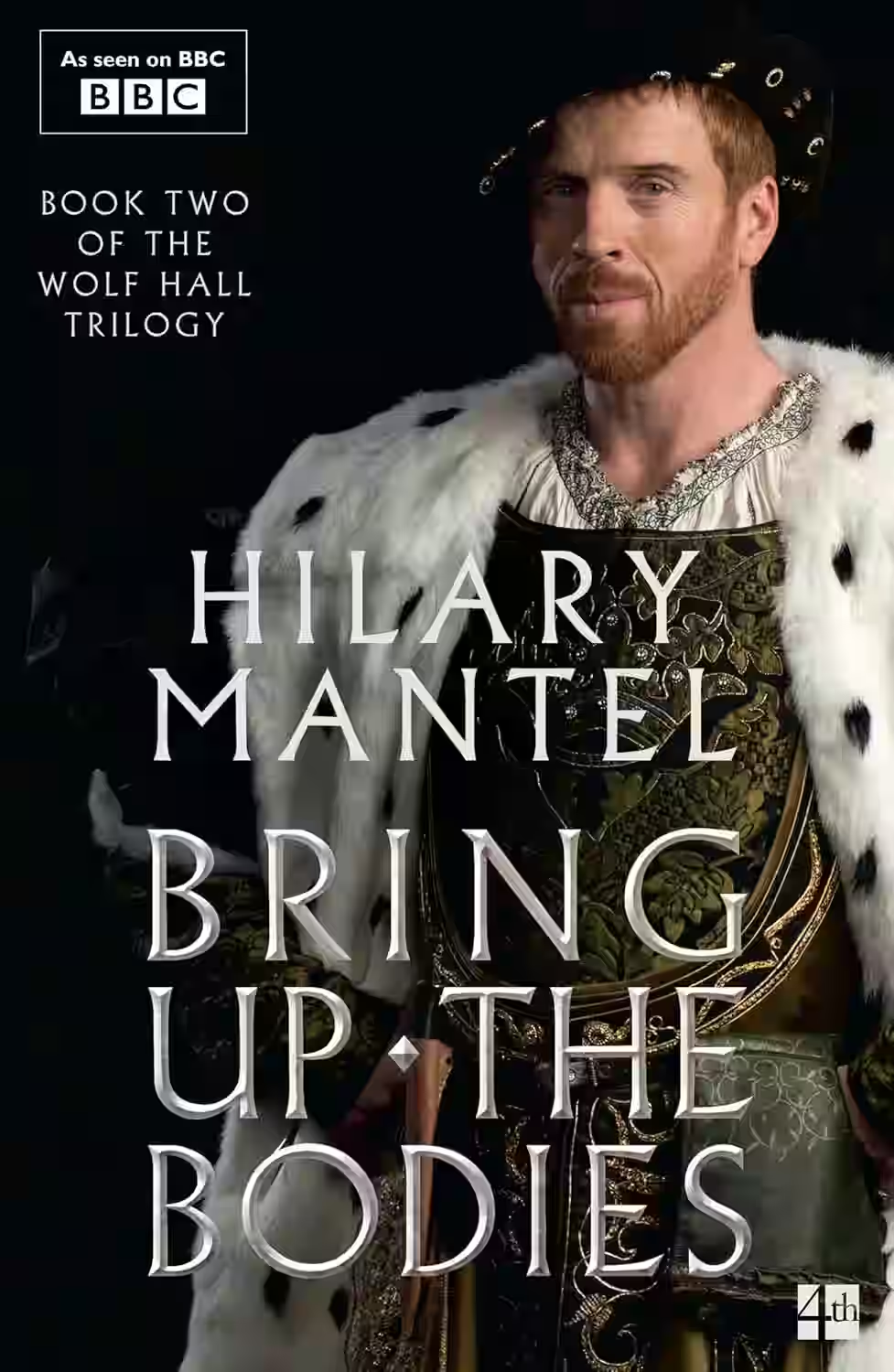
Bring Up the Bodies
Series: The Wolf Hall Trilogy (#2)
Bring Up the Bodies is the second novel in Hilary Mantel's acclaimed historical fiction trilogy about Thomas Cromwell, set during the reign of Henry VIII. This installment follows Cromwell's intricate maneuvering to secure Anne Boleyn's downfall and Thomas More's execution, offering a compelling and nuanced portrayal of power, politics, and personal ambition.
Similar Books
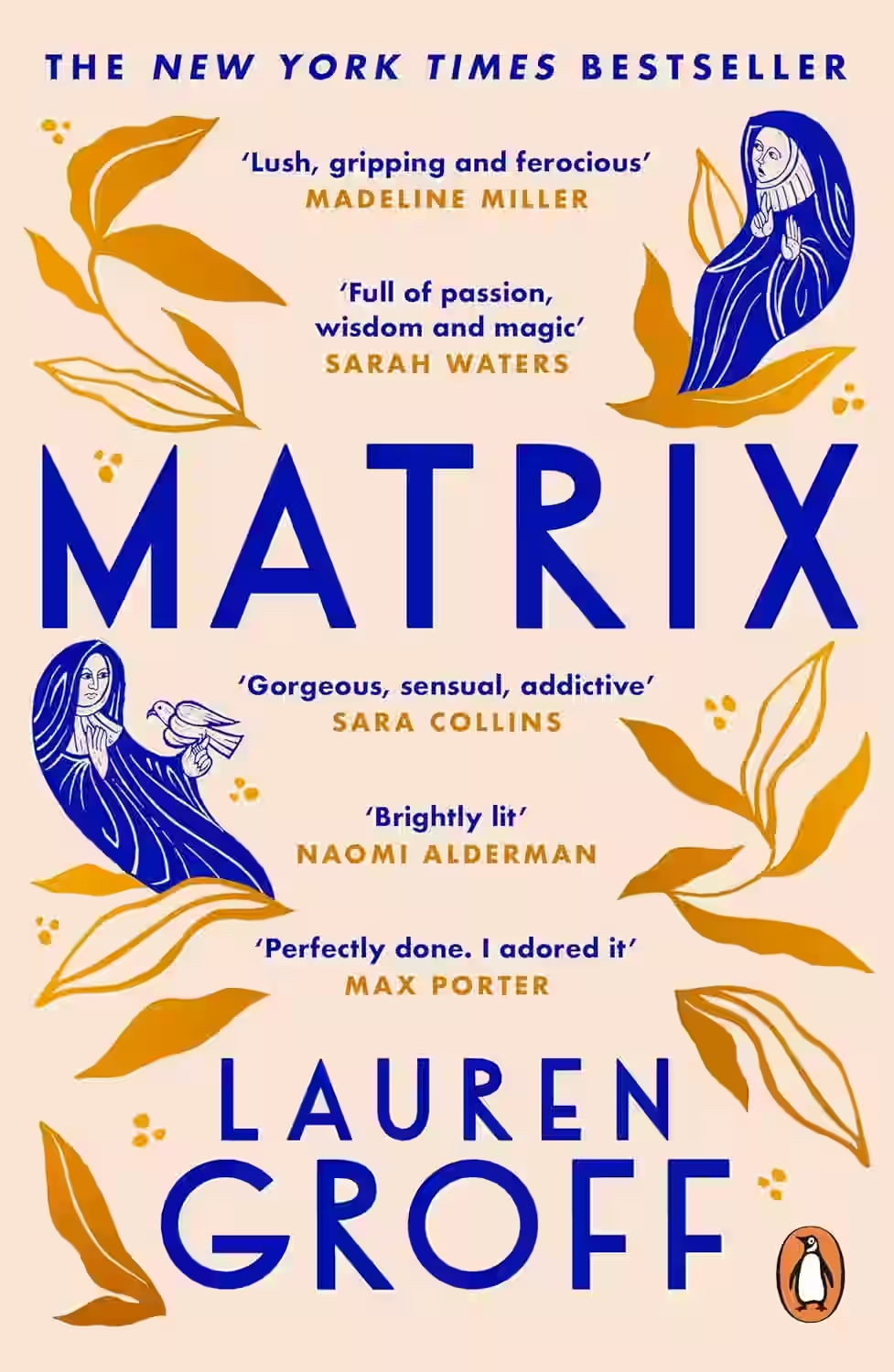
Matrix
by Lauren Groff
Set in 12th-century France, Matrix follows Marie de France, cast out of the royal court and sent to live in a poverty-stricken abbey. There, she transforms the convent into a thriving, autonomous community of women, wielding spiritual and political power in a male-dominated world. Groff reimagines history with lyrical prose, exploring themes of female agency, mysticism, faith, and queerness. Inspired by a real medieval poet, this is a visionary and feminist novel about creation, leadership, and devotion, both sacred and secular. Matrix is a powerful meditation on the lives women build when the world tries to shut them out.
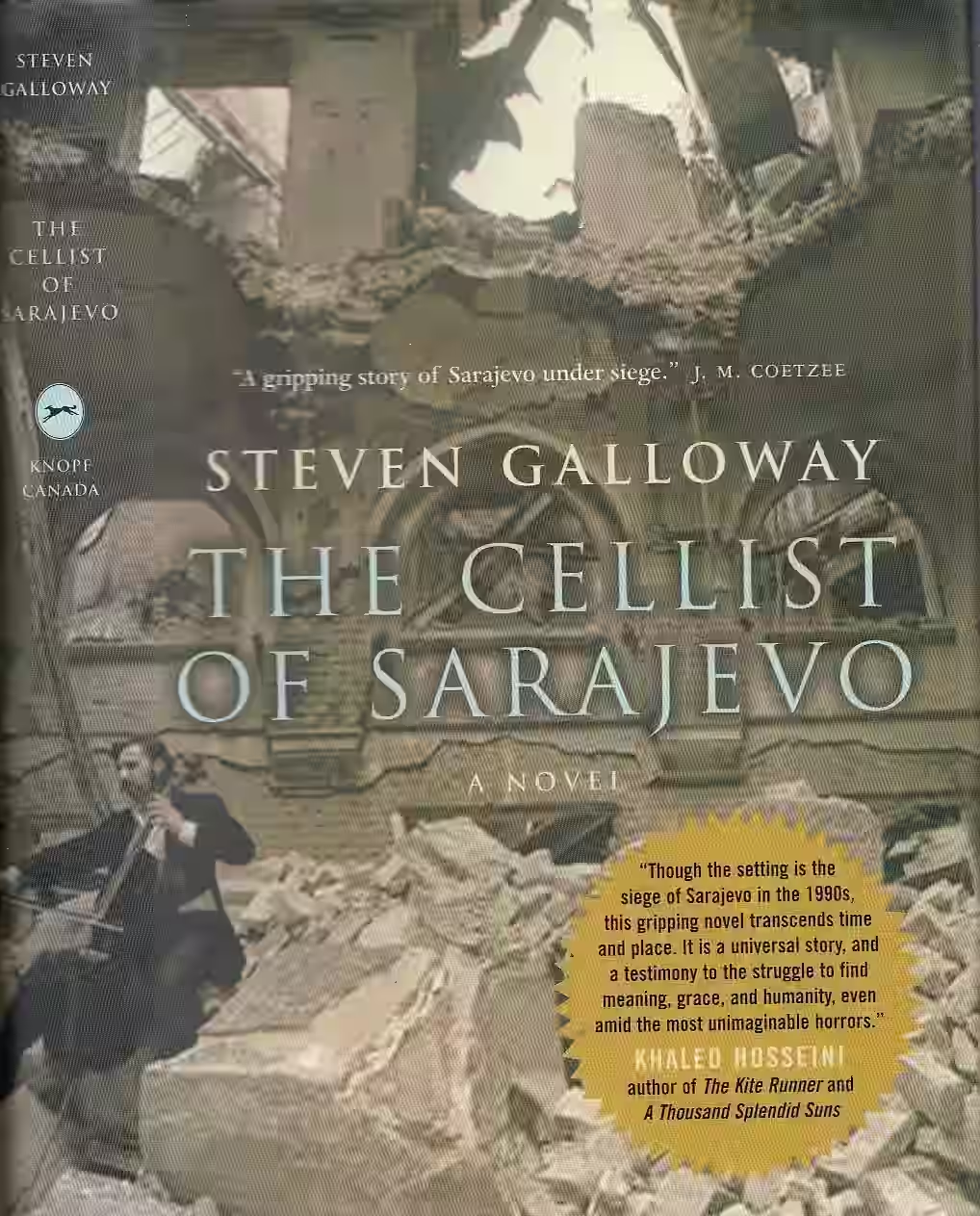
The Cellist of Sarajevo
Set during the siege of Sarajevo in the early 1990s, 'The Cellist of Sarajevo' by Steven Galloway is a poignant exploration of life under siege. The novel interweaves the lives of three characters—Dragan, Kenan, and Arrow—each struggling to preserve their humanity amidst the chaos of war. Their stories orbit around the figure of a cellist, who plays Albinoni's Adagio in the streets to commemorate the lives lost to a mortar attack. Galloway deftly captures the resilience of the human spirit, the impact of art in times of despair, and the simple acts of courage that shine through the shadows of conflict. The book's haunting prose and meditative tone create an indelible reflection on the moral choices faced in brutal circumstances.
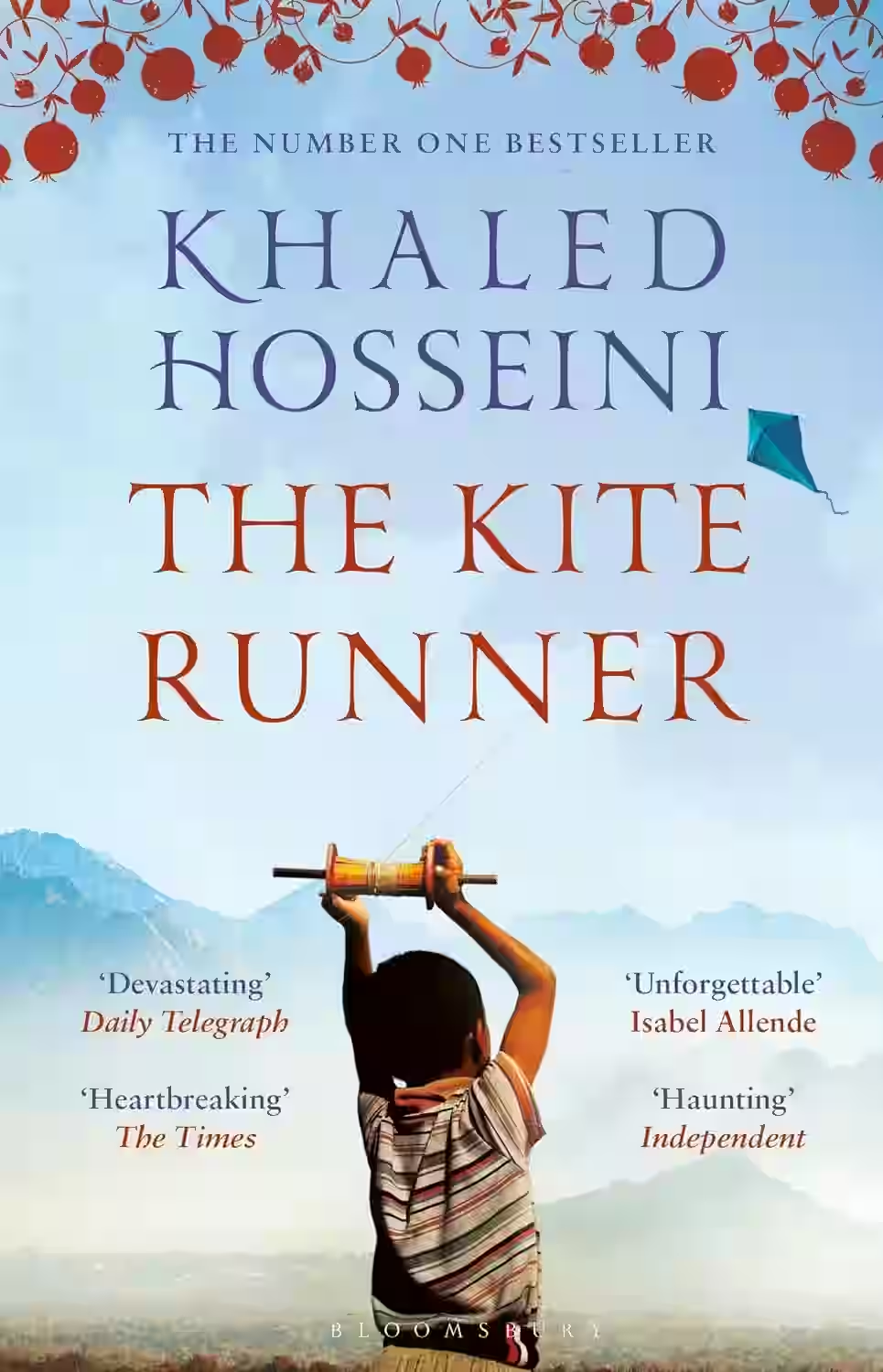
The Kite Runner
This powerful story follows two childhood friends in Kabul and spans multiple decades of Afghan history. After witnessing a terrible event, their lives take dramatically different paths until a chance for redemption presents itself years later. Through personal drama and historical upheaval, the novel explores themes of loyalty, betrayal, and the possibility of atonement.
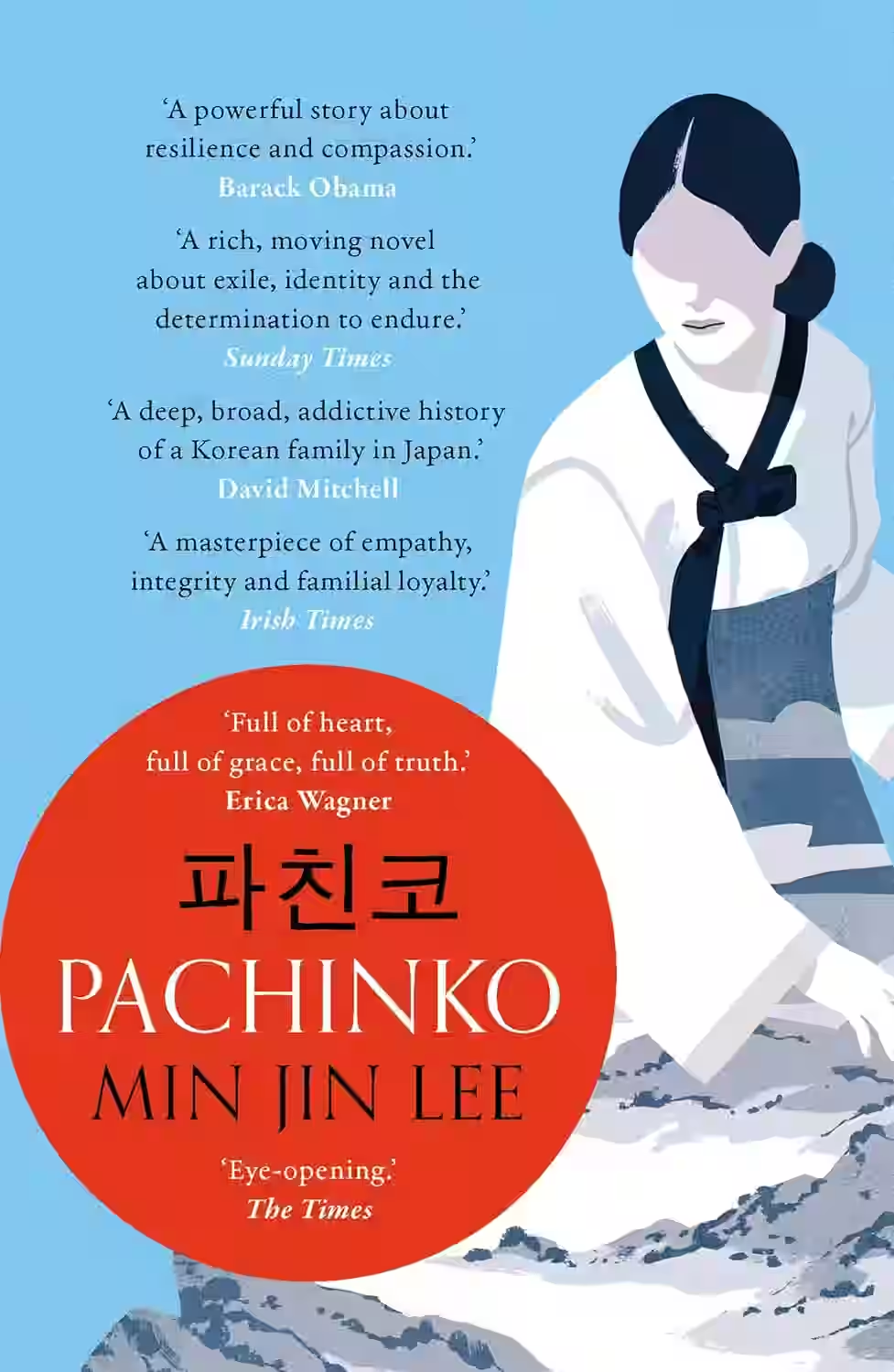
Pachinko
by Min Jin Lee
A victorian epic transplanted to Japan, following a Korean family of immigrants through eight decades and four generations. Yeongdo, Korea 1911. In a small fishing village on the banks of the East Sea, a club-footed, cleft-lipped man marries a fifteen-year-old girl. The couple have one child, their beloved daughter Sunja. When Sunja falls pregnant by a married yakuza, the family face ruin. But then Isak, a Christian minister, offers her a chance of salvation: a new life in Japan as his wife. Following a man she barely knows to a hostile country in which she has no friends, no home, and whose language she cannot speak, Sunja's salvation is just the beginning of her story. Through eight decades and four generations, Pachinko is an epic tale of family, identity, love, death and survival.